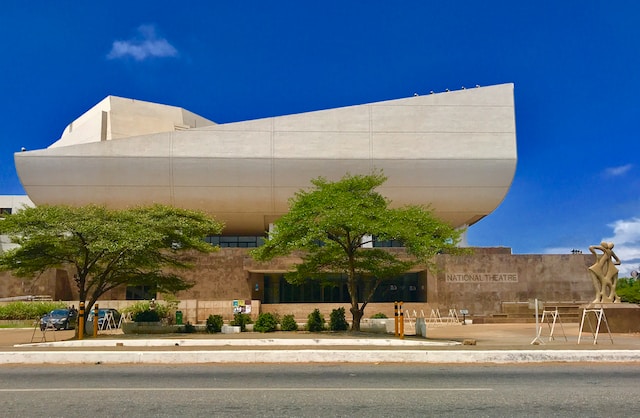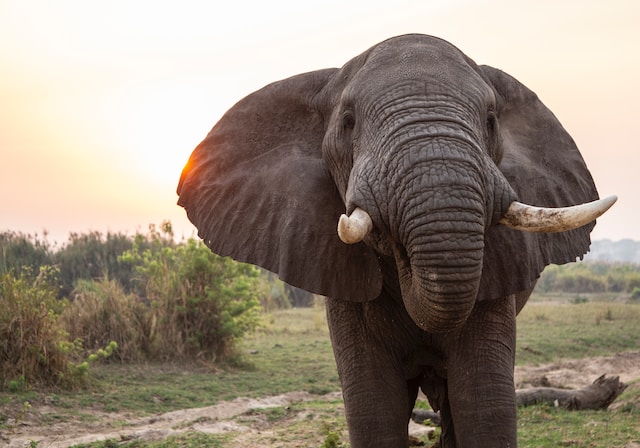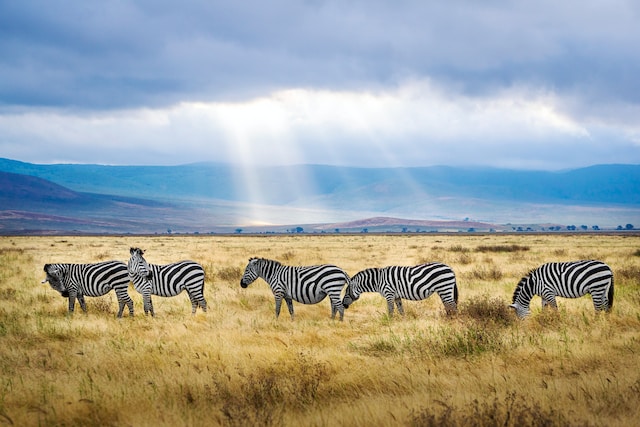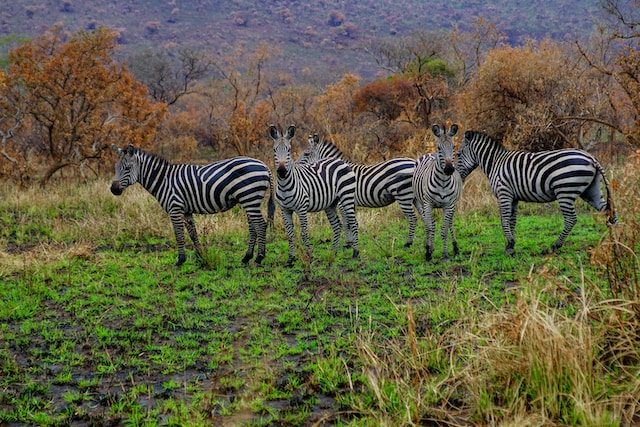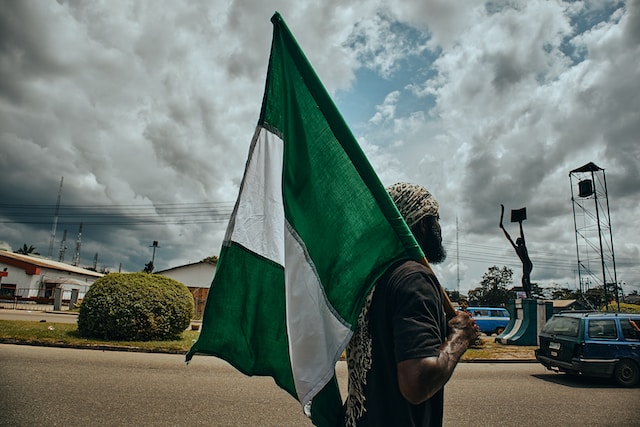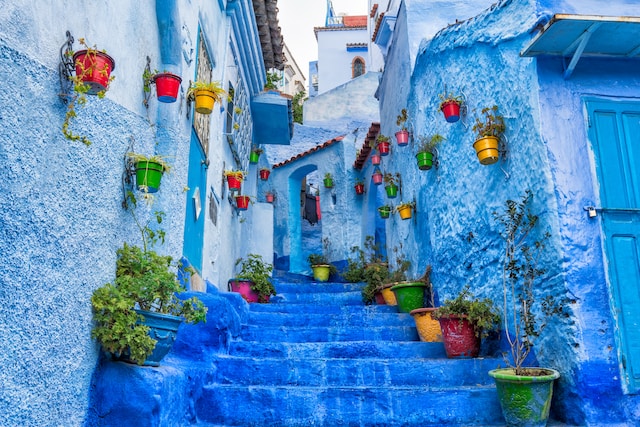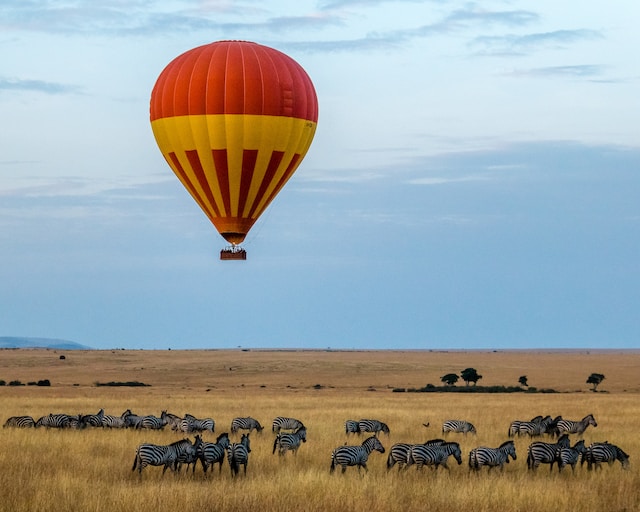The general directorate of Customs (DGD) of Côte d’Ivoire is a government agency responsible for regulating and enforcing customs laws and regulations in the country. The organization plays a critical role in facilitating international trade, protecting national borders, and collecting customs duties and taxes.
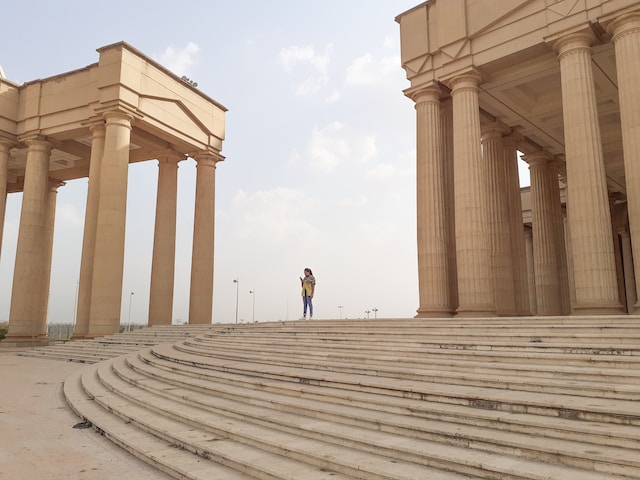
These other articles might interest you:
Description of the organization
The DGD is under the authority of the Ministry of Economy and Finance and is headed by a director-general. The agency has several departments, including
- Control department
- Intelligence and Investigations department
- Administration and information technology department
- Operations department
- Legal affairs department
The agency has several offices throughout the country, including at major ports of entry and exit.
Purpose
The agency was established to manage and control customs activities in Côte d’Ivoire. The primary purpose of the agency is to facilitate international trade while protecting the country’s economy, security, and environment. The organization is responsible for ensuring compliance with national laws, international regulations, and agreements related to customs and trade.
Cooperation with industries
The agency works closely with the private sector to ensure efficient and effective customs operations. The DGD engages in regular dialogue with the business community to identify challenges and opportunities for improving the customs environment. The agency also provides training and technical assistance to businesses to enhance their understanding of customs regulations and procedures. It also facilitates duty refunds and other incentives for businesses.
Services offered by DGD
The DGD provides a range of services to support its objectives. They include:
Customs clearance
Customs clearance is the process of clearing goods through customs, which involves verifying and approving the documents and payments required for the import or export of goods. The organization offers duty clearance services to ensure that all imports and exports comply with the country’s customs regulations.
Tariff collection
The DGD is responsible for collecting tariffs and other taxes on imports and exports. The tariffs and taxes collected by the agency help to generate revenue for the government and ensure that imported goods are priced competitively with locally produced goods.
Border control
The DGD is responsible for controlling the movement of goods across the country’s borders. This involves inspecting goods, verifying the accompanying documents, and enforcing customs regulations. The organization works in collaboration with other government agencies to ensure that goods entering the country are safe and comply with all relevant regulations.
Cargo inspection
The DGD conducts cargo inspections to ensure that imported goods comply with the country’s customs regulations. Cargo inspections help to prevent the importation of illegal goods, such as drugs and weapons, and protect consumers from unsafe products.
Trade facilitation
The agency works to facilitate trade by simplifying customs procedures and reducing the time and cost of importing and exporting goods. The DGD offers a range of trade facilitation services, including streamlined duty clearance procedures, reduced paperwork requirements, and expedited cargo processing.
Provision of information
The DGD provides information services to help businesses and individuals understand tariff and trade regulations, procedures, and requirements. This includes guiding how to complete import and export declarations, understanding tariff rates, and complying with relevant laws and regulations.
Implementation of the harmonized system
The organization is responsible for implementing the harmonized system (HS) for the classification of goods in Côte d’Ivoire. The HS is a standardized system for classifying goods based on their nature, composition, and intended use, and is used by customs authorities worldwide.
Businesses cooperating with the organization
The DGD works with a wide range of businesses, including importers, exporters, duty brokers, freight forwarders, and other stakeholders in the international trade community. It also works with international organizations such as the world customs organization and regional organizations such as the economic community of West African States (ECOWAS). It works with these organizations to promote trade facilitation and regional economic integration.
